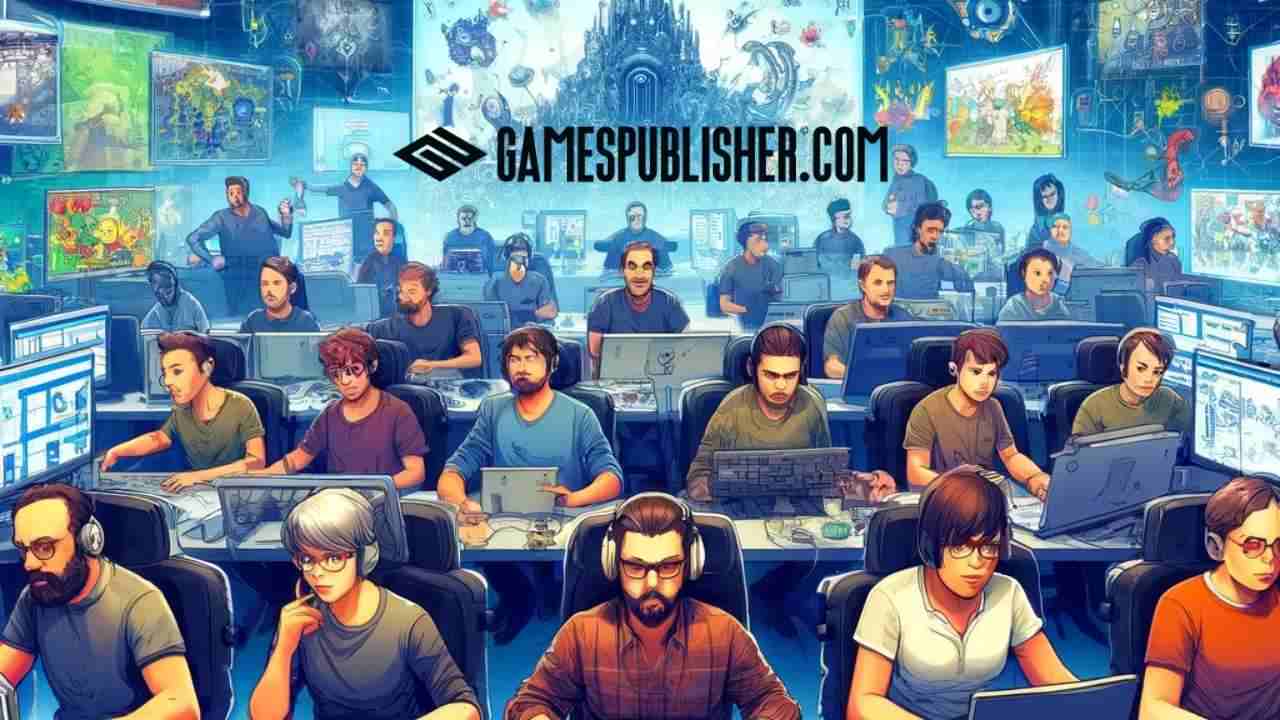Independent game studios – many of them small-scale and often working alone or in small groups – constantly try things out or look for new approaches to game design.
They have developed and are still developing exclusive games that engage numerous players globally.
In this article, you will meet some of the most successful indie game developers with an understanding of the impact of their success on the gaming industry.
The Rise of Indie Game Developers
It can be said that the arrival of indie game developers is an important twist in the video game industry.
The indie game movement, which emerged as small-scale video game developers came together, has become one of the significant forces competing with the large-scale standards set for video games.
These developers do not have corporate development’s chain of command or the need to appeal to the general market.
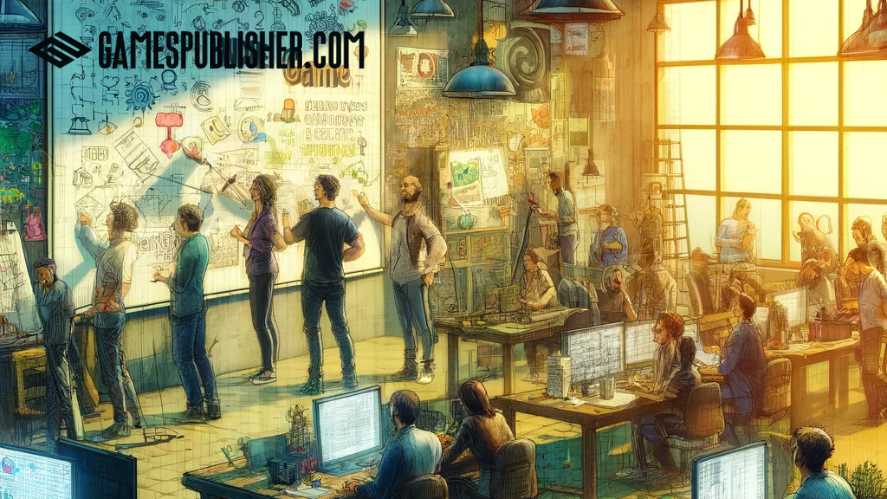
They have the freedom to take risks from time to time, come up with something new or unheard of, and tell a variety of stories that most of the players will hear.
Perhaps indie games have become a modern trend in recent years, especially where game designers bring in entirely new directions in gaming concepts and narratives.
Top Indie Game Developers
Many indie games sprung from young and ambitious developers who released some of the most beloved and inspired titles in recent years.
Let’s look closely at several prominent studios and see how they helped shape the gaming industry!
1. Supergiant Games
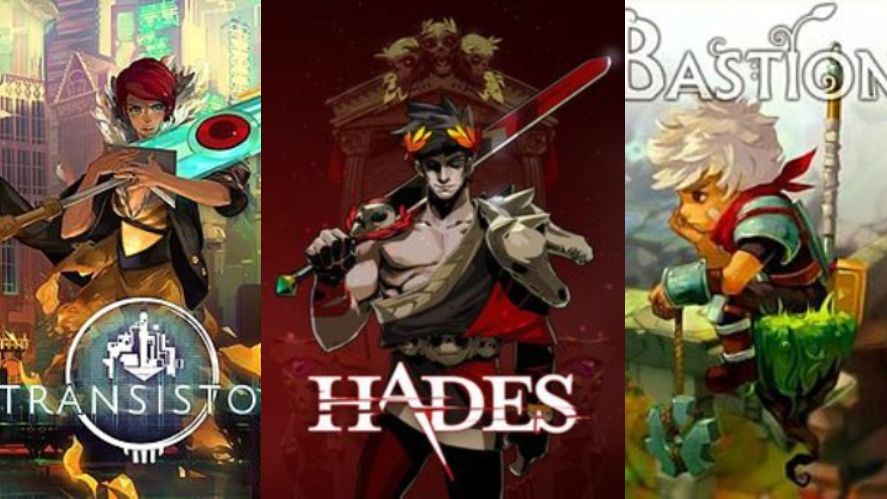
Supergiant Games is an independent game developer in San Francisco that created and published several lauded games full of compelling stories and unique gameplay mechanics.
The first game they released was “Bastion”, which enthralled players with its visual design, music and protagonist who gives a running commentary all the while.
This success was then followed by “Transistor”, a sci-fi action RPG that expanded on the niches of philosophy and character study.
Their latest game – “Hades”, a rogue-lite hack and slash with elements of the dungeon crawler set in the underworld of Greek mythology, is a multiple award-winning title with players praising its engaging gameplay, detailed lore, and characters.
Supergiant Games has demonstrated the principle of the designer’s focused activity on creating an atmosphere and a gripping plot as the foundation of success in video games.
2. Team Cherry
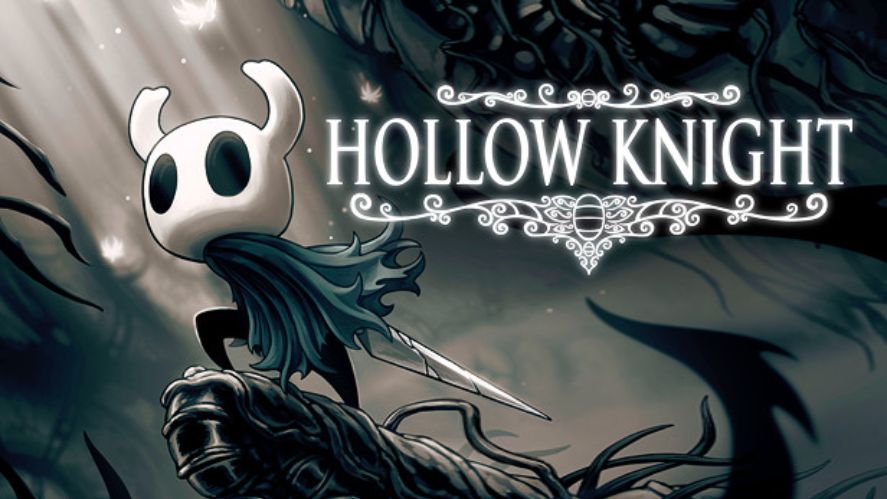
Team Cherry is an indie game developer studio from Australia that released their first game – the Metroidvania “Hollow Knight”.
This atmosphere-rich game challenges players with complex level design and high-quality combat, releasing players into an underground kingdom full of fascinating storylines and beautiful graphics.
To extend the discussion, Hollow Knight saw commercial success while also emerging as a benchmark of indie Metroidvania gaming that many developers study to mimic through its captivating narrative and polished game mechanics.
Due to the hard work that Team Cherry demonstrates in developing hooking games, many fans eagerly await their next titles.
3. ConcernedApe
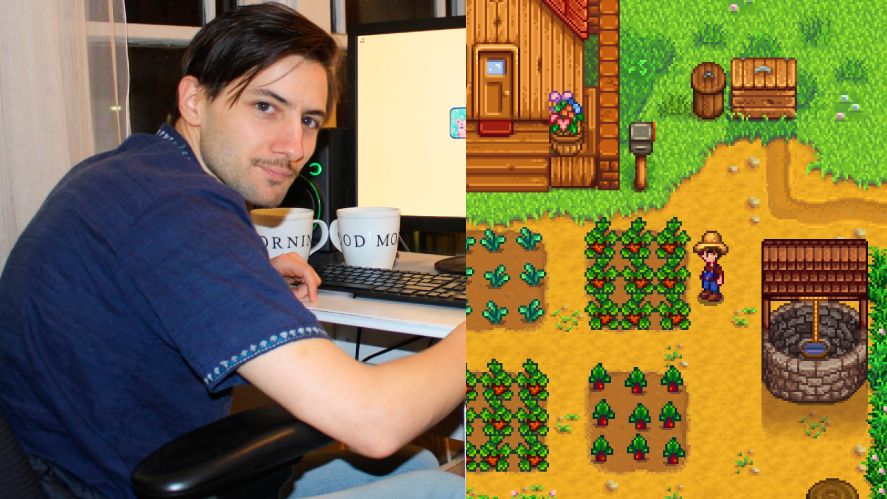
Today, more and more budding indie game developers are surprising the world. One such individual is ConcernedApe, whose full name is Eric Barone.
All by himself, Barone spent over four years designing and developing an endearing game that is now known as “Stardew Valley”, a farming simulation RPG game that has received the love and admiration of millions of players across the globe.
Stardew Valley is an entertaining and soothing game where gamers improve their farm, interact with mainland residents, and discover the hidden side of a colorful world.
Indeed, the game’s success is evidence of Barone’s commitment to crafting an experience for clients or players that will guide them through narrative construction.
It made it possible for the farming simulation genre to return to its figurative heyday and showed another side of what indie developers could do with a successful game.
4. Playdead
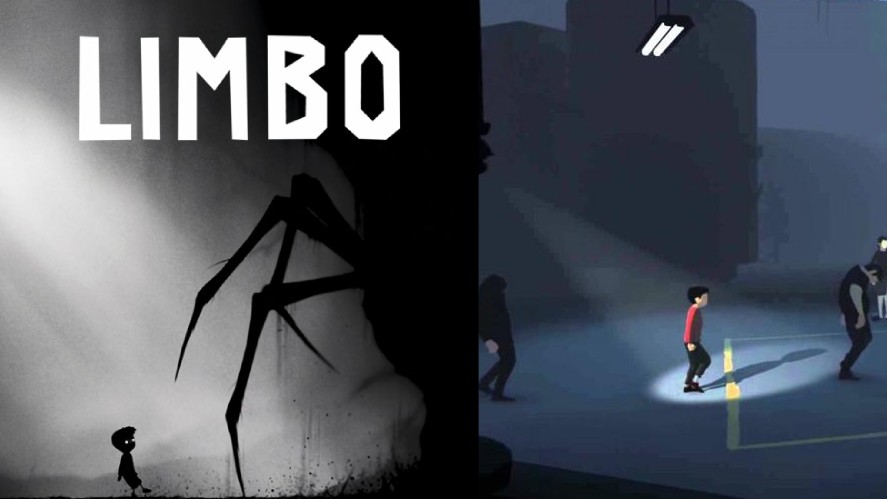
Playdead, a studio that originated in Denmark in 2008, has gained much credibility due to its minimalist game design and storytelling style.
Their first game was “Limbo”, a not-so-gory but spooky and monochromatic puzzle platformer that gave gamers a strong message to think about.
For their second game, Playdead came up with “Inside” which is even more daunting than the first game with a thought-provoking aesthetic that leaves a deep impact on the players.
Both games have garnered acclaim for their narrative, level design, and touches of emotion, which were derived within the games without using words.
Many indie developers have been influenced by the ideas of Playdead’s game design, which has opened a path to many new possibilities in storytelling and gaming art.
5. Subset Games
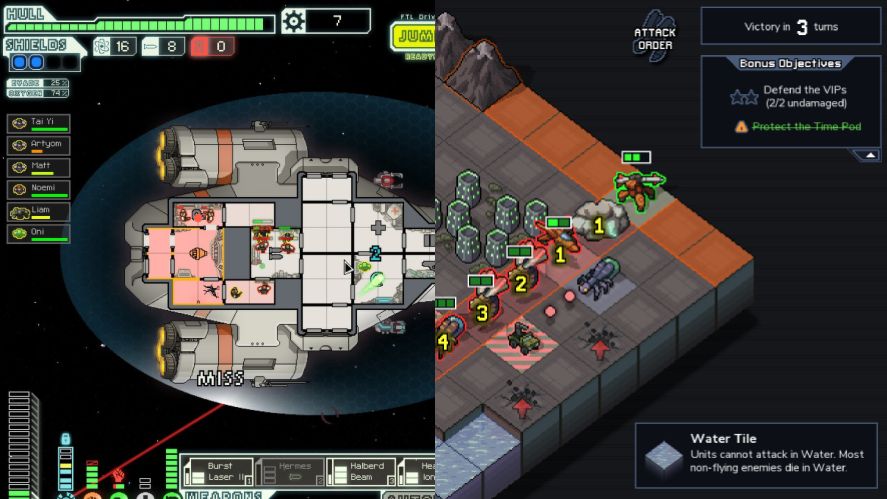
Subset Games is an indie studio founded by two developers. Although the company has been in the gaming industry for only a few years, it has proven itself and gained popularity due to its strategic and puzzle-filled games.
Their debut game, “FTL: Faster Than Light” – an indie space simulation roguelike – made a name for itself quickly and reached cult status by featuring strong decision-making with high stakes.
Later, they released its sequel titled “Into the Breach“, a turn-based strategy game with time-loop mechanics, which only strengthened its identity of creating gripping and mind-bending games.
Between replayability, new and unique gameplay mechanisms, and the ability to position players on the edge of their seats, both titles have received much acclaim.
The way Subset Games managed to prove the worth of the gamble is by strictly following the principles of simplified gameplay based on core mechanics and providing a high-quality experience that is enjoyable and rewarding to the players.
How Indie Developers Are Changing Gaming
In contemporary society, gamers are realized to be an imperative element to the success of a game, and indie game developers are worth complimenting for their creativity.
Not tied to the employment of big studios and video game publishers as epicenters of game development, indie game designers can afford to think “outside the box” by introducing new gameplay concepts, innovative forms of narrative delivery, and aesthetic approaches that starkly contrast conventional industry practices.
Titles like “Undertale”, which combines shoot ‘em up elements with RPG and simple characters who reflect a deeper personality, or “Papers, Please”, a political statement, tell about indie developers’ creativity.
Additionally, indie games can be narratively complex and thematically vast, featuring characters different from the standard male warriors wearing heavy armor and wielding swords.
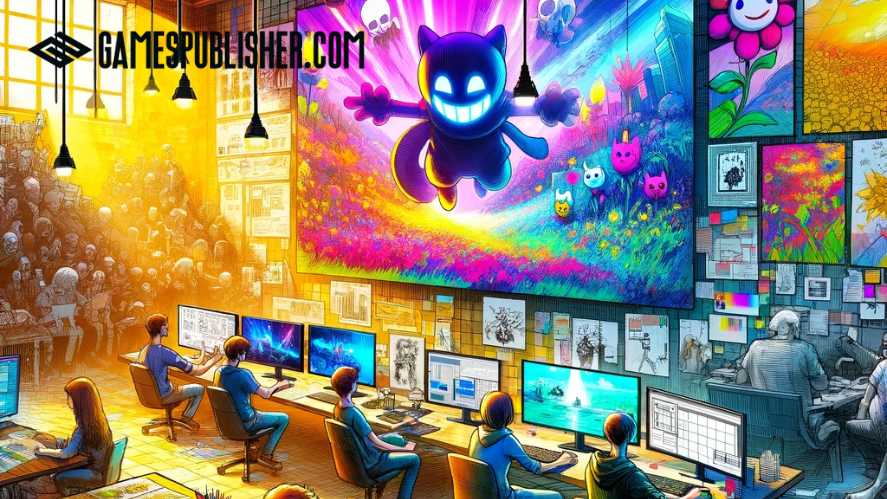
Starting, for instance, with the inclusion of LGBTQ+ characters in “Gone Home” up to the constant discussion of the struggles with mental health issues in “Celeste”, indie developers have become much bolder in addressing important issues that increase the inclusiveness and representation of the gaming world.
The last trait is community involvement, which attracts attention to indie game projects. Many indie developers are present, engaging with their community on social media in forums and live streams.
They respect the opinions of the consumers, adopt the ideas, and sometimes even engage the players of the games. Such openness is beneficial as it makes the community feel closer to the developers and builds closer bonds between the developers and the users.
This approach has become beneficial for many indie games since players feel that they are part of the project and would be more willing to help by promoting the game and supporting the developers financially.
Supporting Indie Developers
The independent games production community is active and constantly changing, and they must help these gifted indies sustain the independent games production industry and expand and become more diverse.
However, there are many things people and the community can do to help indie game developers do what they are passionate about and provide players worldwide with outstanding games.
Buying Indie
One way to support indie game developers is by buying their games.
If you put your money into their creations, you will have exclusive and fun moments in gaming, and at the same time, the creators will get the capital behind them to keep making them.
Most indie games are released on video game distribution platforms such as Steam, itch.io, and other platforms for games with creative, independent developments.
The digital PC games market is led by Valve’s Steam, followed by Origin and the Epic Games Store, which provide people with the means to find and acquire new releases.
Crowdfunding
Materialistically, platforms such as Kickstarter and Patreon have become predominantly instrumental in funding indie games and allowing creators to make their ideas come alive.
These platforms enable developers to openly interact with their fans or followers to fund projects in exchange for tangible items or additional privileges.
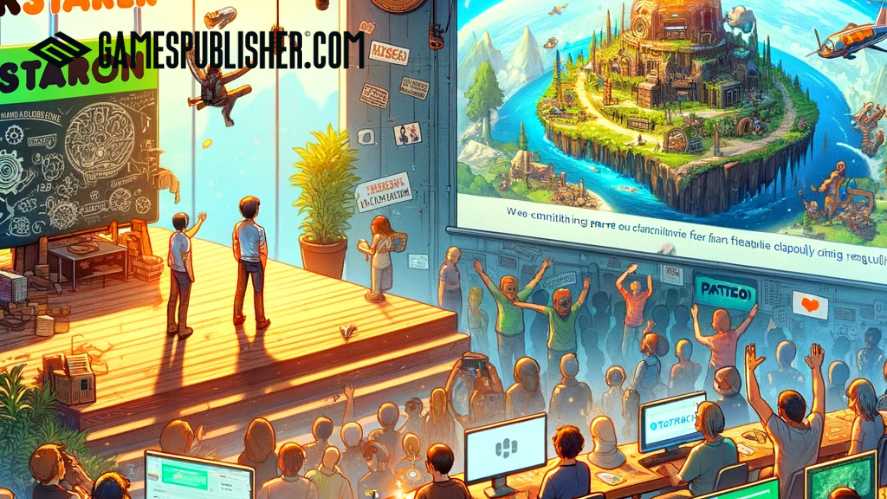
Kickstarter campaigns employ an all-or-nothing funding model, allowing developers to present their game concepts to an international audience and collect funds for development expenses.
While most games are made through crowdfunding, where fans and backers provide lump-sum payments for their development costs, Patreon is a subscription service where fans can regularly contribute to their favorite developers and be rewarded with tokens.
They are both open platforms that have revolutionized the indie game development scene by allowing innovative people who have not.
Spreading the Word
Another way to support good indie game creators is by making people aware of them.
If you have any favorite indie games, you should tell your friends, family, or any online community about them, even on social media.
This will, in turn, reach other players. You can also draft positive reviews on gaming platforms such as Steam or GOG or on social media, thus making others aware of the existence of such gems.
The most effective method of practicing indie game advocacy is responding to posts on boards, subreddits, and social media groups of like-minded people, sharing one’s experience and a list of the best titles.
In this way, it is beneficial for those immersed in indie game development to be active in such communities, as it fosters a positive environment that supports development endeavors.
Remember, never underestimate the power of each happy player and every promotion for an indie game.
Conclusion
Experience tells us that indie games are agents of change, proven by the progress in the variety and inclusiveness of gaming communities on social media.
They have introduced different views and new concepts and have a profound desire to create exciting and attractive gaming experiences for players worldwide.
Given that indie game developers release many creative and unusual projects, sharing them supports not only interesting productions but also the development of the gaming industry.
In conclusion, the next time you search for your next gaming fix and find yourself stuck in a rut, why not try indie games?
You might discover your new favorite game, created by a passionate and talented developer shaping the industry’s future.
Loading survey...

